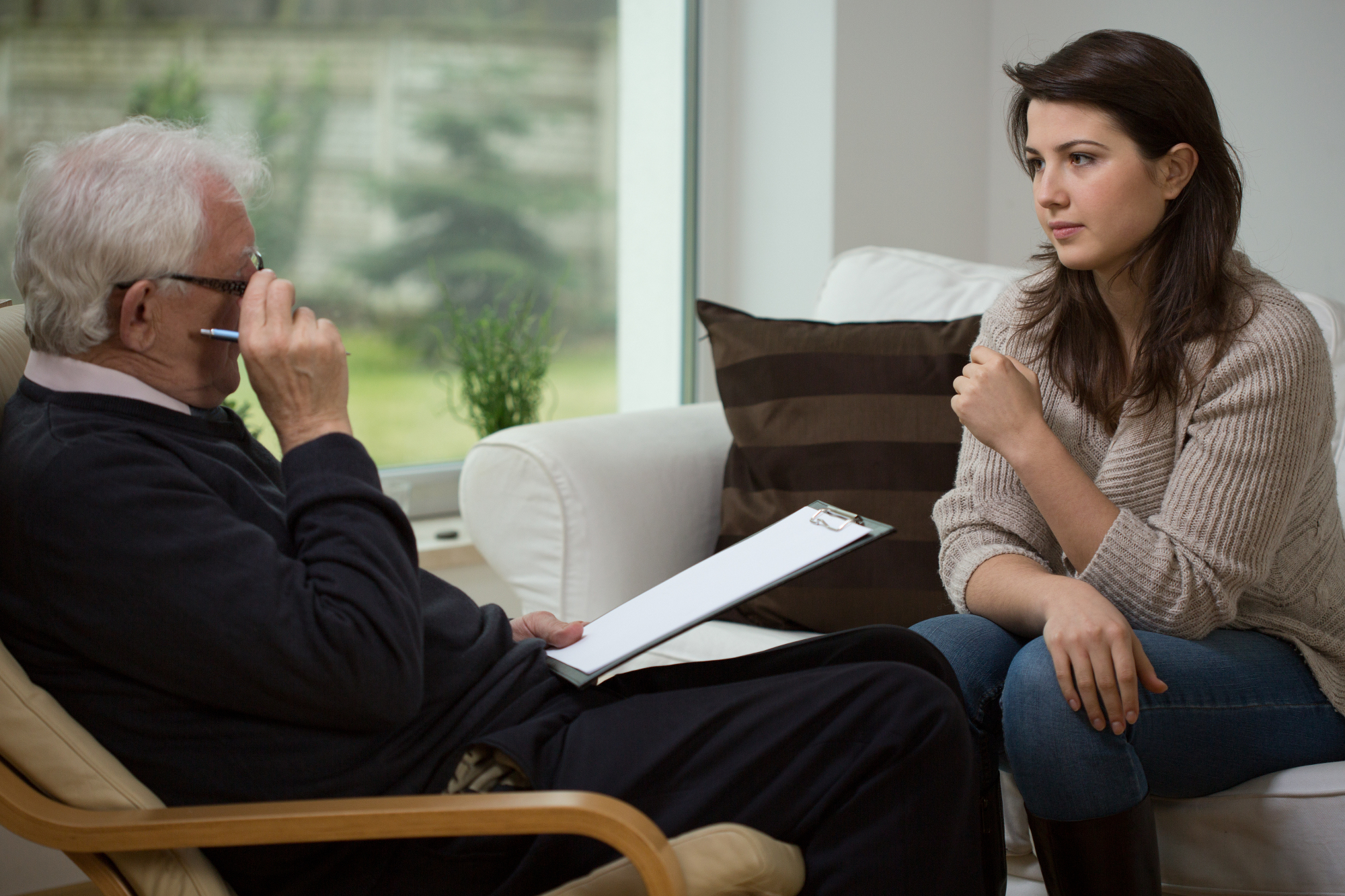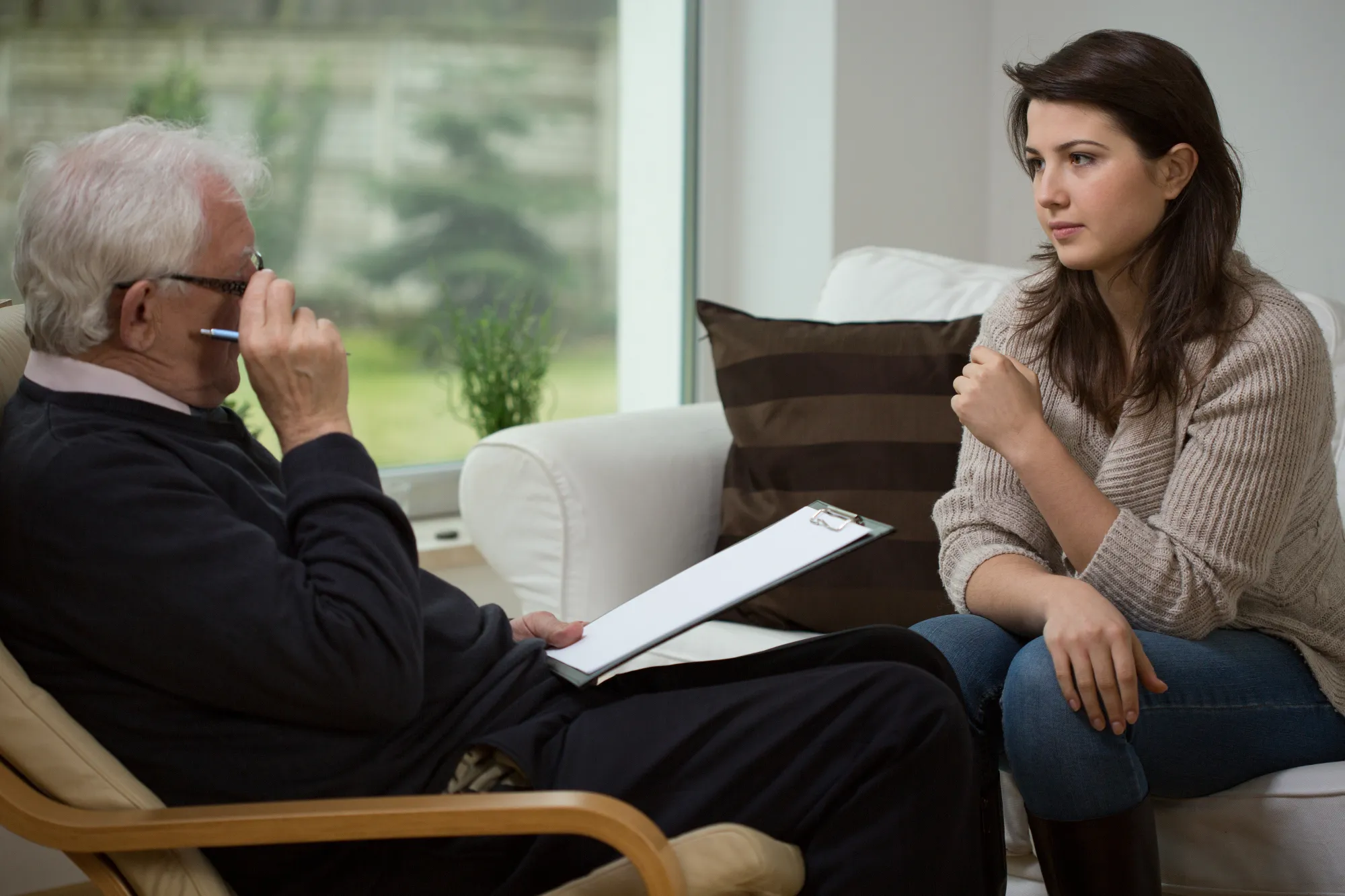Anxiety is overwhelming – and it can strike any time. Anxiety varies from mild to serious, and its physical symptoms can take many forms. Fortunately, if you’re seeking effective treatments for anxiety, there are options:
Self Treatment
Self treatment for anxiety involves addressing your anxiety at home without the supervision of a mental health professional. This treatment may only be appropriate for you if your anxiety lasts for a short period of time and when it results from less serious causes. Self treatment involves various actions including physical exercise, which not only focuses on alleviating the symptoms of anxiety, but also on preventing mild anxiety from getting worse.
Some of the actions and measures that you can apply to treat anxiety at home include:
- Learning and applying stress management techniques including resting after work
- Applying relaxation techniques including meditation
- Practicing deep abdominal breathing, taking care not to breathe deeply for excessively long to avoid dizziness
- Undertaking physical exercises.
Practicing to think positively also helps you to treat your anxiety at home. One way to do this is to record all the negative and positive thoughts you have, then discarding the negative thoughts while retaining the positive ones. Other self treatments include taking a warm bath and sharing the cause of your anxiety with other people including your trusted friends and relatives. The people may offer you advice on what to do to help end your anxiety.
Counseling
This is a therapy for anxiety in which a physician or counselor talks to you and gives you advice. Counseling treatment includes, among other therapies, psychotherapy and cognitive-behavioral therapy. Psychotherapy is a therapy for anxiety in which you talk with a mental health professional such as a psychologist, a psychotherapist or a social worker. During the counseling process, the counselor may ask you questions to establish what is causing your stress, and then advise you on how to deal with anxiety symptoms.
Cognitive-behavioral therapy is a therapy for anxiety that focuses on changing any thinking that causes your anxiety. This treatment involves cognitive and behavioral parts. The cognitive part helps you to think positively while the latter helps you to change how you respond to anxiety-causing objects. For instance if you have panic disorder, undergoing cognitive-behavioral therapy may help you learn that panic attacks differ from heart attacks.
Medications
An anxiety medication may focus on treating a condition that causes your anxiety or aim at relieving physical or mental symptoms of anxiety. The medications for anxiety include:
- Benzodiazepines such as alprazolam, clonazepam and lorazepam
- Anti-depressants such as sertraline, venlafaxine, citalopram, paroxetine and fluoxetine
- Tricyclics such as imipramine an clomipramine
- Beta-blockers
Though helpful, you may experience side effects when you use some of these drugs. For instance, benzodiazepines are addictive and may cause you to feel drowsy. Benzodiazepines may also increase your chances of developing dementia. This claim is backed by a research conducted by University of Bordeaux Segalen, Bordeaux, France, which was published in the British Medical Journal in 2012.
Anti-depressants for anxiety may cause you to experience nausea, jitters and sexual dysfunction. However, some anti-depressants such as serotonin reuptake inhibitors may not cause any serious sides effects. Using tricyclics may cause you to feel dizzy and drowsy. You may also experience weight increase or dry mouth if you use tricyclics.
In summary, the treatment for anxiety depends on the severity of the condition. The treatment may also be determined by the underlying cause of your anxiety and your treatment preference. In some cases, your doctor may recommend a combination of more than one of the aforementioned treatments to ensure effective treatment of your condition.

